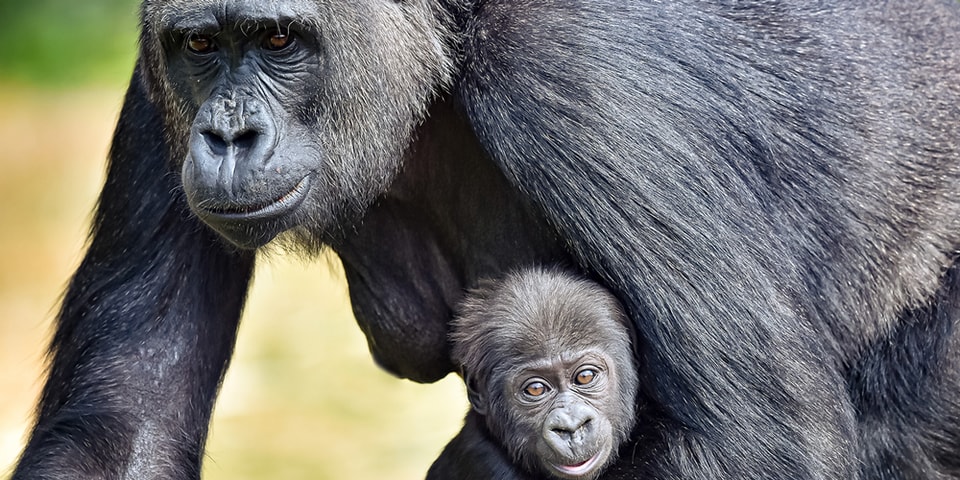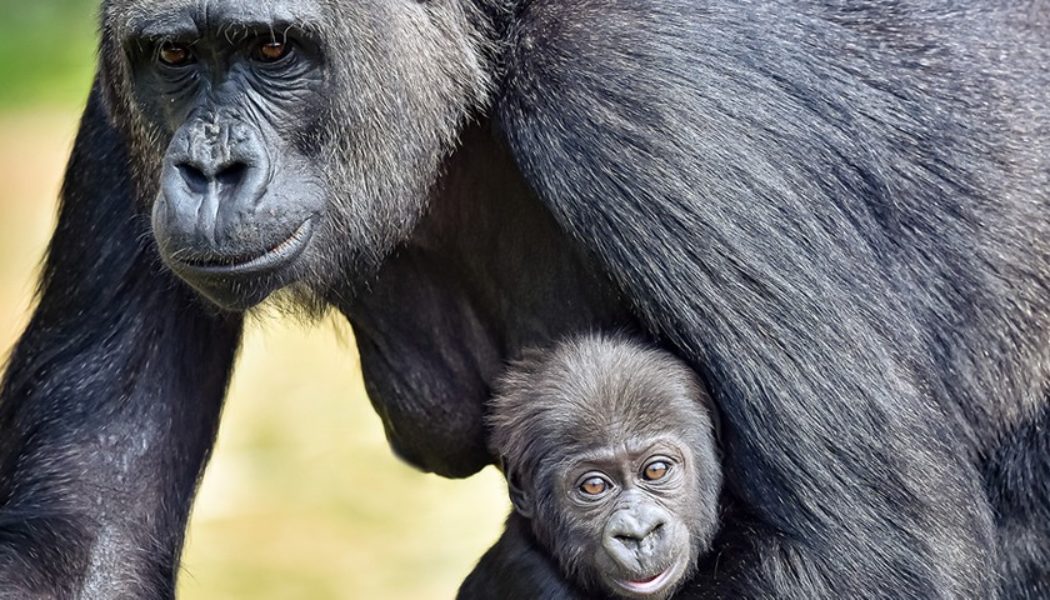
Research from Durham University in the United Kingdom has just revealed an interesting detail on how apes initiate interaction with one another.
Much like how humans start a conversation with a “hello” and end with some sort of “goodbye,” apes were observed to initiate an interaction, or more accurately a commitment, where the two will then signal and decide when that obligation has been fulfilled. Raphaela Heesen of Durham University comments, “We were able to launch rockets and land on the moon because we have the ability to share our intentions, which allows us to achieve things so much bigger than a single individual can achieve alone. This ability has been suggested to be at the heart of human nature.”
Indicating that joint commitment is no longer reserved for just humans, a total of 1,242 interactions between groups of bonobos and chimpanzees showed that 90 percent of bonobos exchanged signals and a mutual gaze before playing together while chimpanzees did this 69 percent of the time. The exit gesture was even more prevalent, happening 92 percent and 86 percent of the time for bonobos and chimpanzees, respectively. Bonobos, who behave in a more egalitarian order, also saw shorter “hello” and “goodbye” phases when interacting with a closer bonobo, much like a good friend would require less warming up to, but chimpanzees, on the other hand, were not affected regardless of the social bond between the two chimps. This is due to the despotic structure of rule found with chimpanzees.
Those interested can witness the “entering” and “exiting” gestured found amongst apes in the video above and below.
[embedded content]
In other science news, a new UN climate report signals “Code Red for Humanity.”









